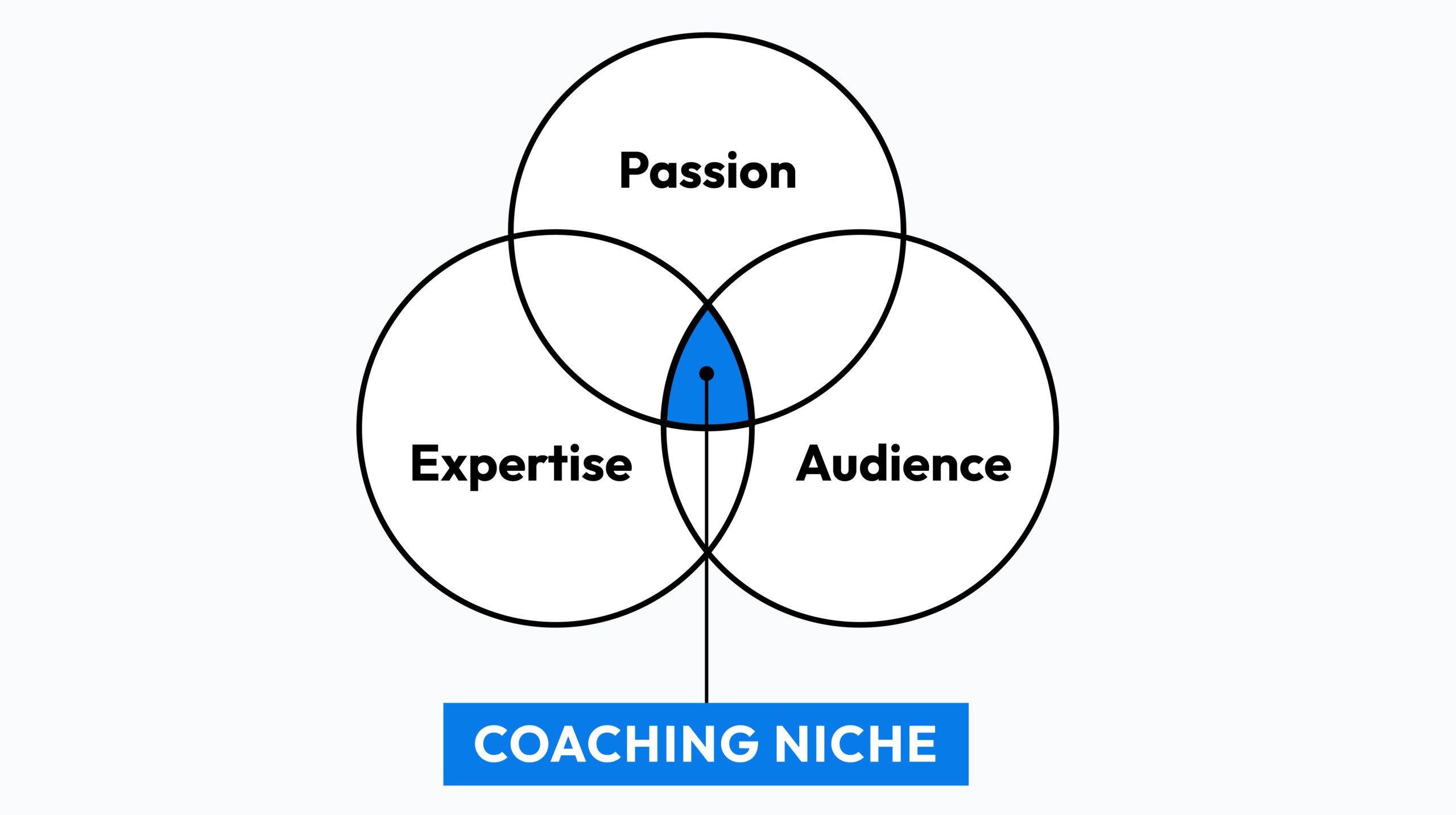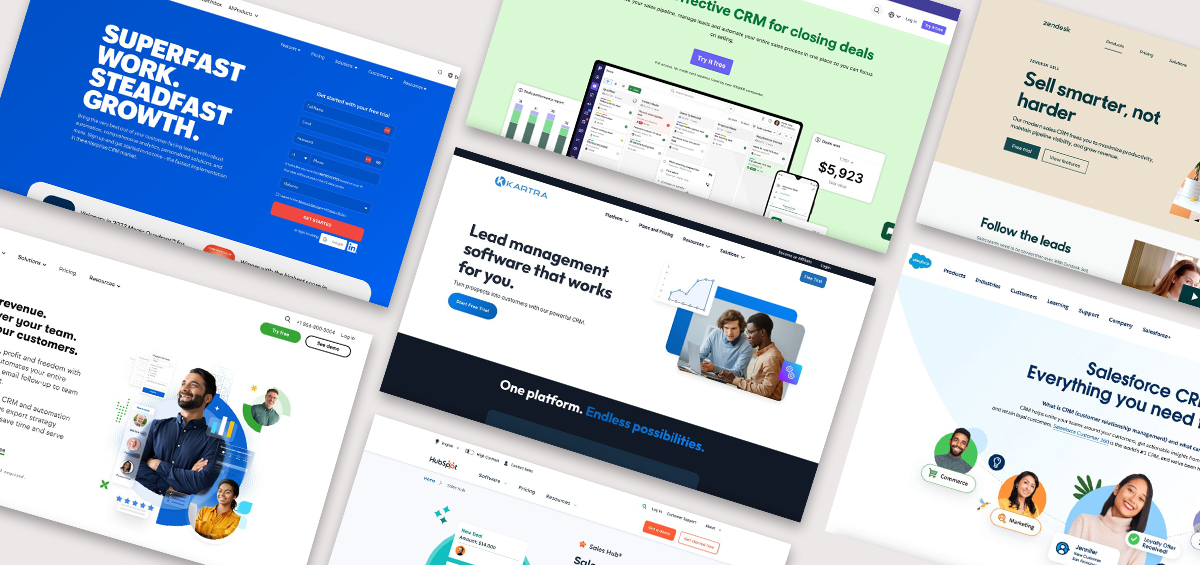Life coaching is an appealing career path for many reasons. Not only is it rewarding to help clients with personal growth, but running a coaching practice online frees you up to enjoy a more flexible lifestyle!
Kartra’s platform is home to many online coaching businesses, and we’re inspired by all the creative ways these entrepreneurs monetize their skills and effect change. We’re confident you can do the same! In this guide, you’ll learn about the qualifications for life coaching as well as the key steps for becoming a life coach.
What does a life coach do?
A life coach helps clients achieve their personal or professional goals by offering guidance, accountability, motivation, and mentorship.
Unlike a licensed therapist or nutritionist, for example, who address specific difficulties or reach diagnoses, a life coach aids with personal development to help clients reach their full potential in different areas of their lives. Examples of life coaching services include relationship coaching, wellness coaching, and career coaching.
Qualifications for Becoming a Life Coach
“Am I qualified to be a life coach?”
This is the central question for many people looking into starting their own business. And it’s a question only you can answer — but we’ve got some tips to help you think through it.
Your Skills (This Matters the Most!)
Ultimately, your qualification to be a life coach comes down to your ability to get clients the results they want. Certifications, degrees, and years of experience will never matter as much as what you can do in the lives of your clients!
This is partially because of the freedom within the coaching industry (more on this later), but it’s mostly because coaching is inherently results-driven.
People just want to know that you can help take them from Point A to Point B. If you are confident that you have the skills to improve people’s lives in a specific way, then there’s no reason you can’t become a successful life coach!
Your Background and Experience
Your unique story plays an important role in your value as a life coach. Think about the experiences that have brought you to where you are in your life and how those experiences position you to serve and guide others. Potential clients will want to know how your insight has shaped your own life before they entrust you with theirs!
Many people find that their current or past career lends itself naturally to life coaching. Teachers, for example, have a particularly relevant skill set that includes leadership, active listening, and of course, instructing. They know how people learn and are used to motivating them toward a particular goal. Or, perhaps your career simply gives you the expert knowledge that you need to coach on a particular subject.
Relevant college degrees and personal achievements are other types of credentials that instill confidence in your abilities.
Spend time analyzing what your background brings to the table — and don’t undersell yourself!

Coach and Kartra user Audrey Rose builds credibility by listing her certifications, relevant life experiences, and professional background on this About page for her coaching program The SoulShine Creative.
Becoming a Certified Life Coach
Because the coaching industry is unregulated in the US, there aren’t specific requirements for becoming a life coach — with the exception of certain niches such as health and mental health services. (Be sure to double-check whether your coaching niche would fall under any regulated categories.)
This means there are two main benefits of becoming a certified life coach:
Certification Adds to Brand Credibility
Completing a life coach certification program is not necessary, but it may help potential clients see that your services are trustworthy. A certification, much like a college degree, represents a designated number of hours devoted to honing your skills and the validation of your skills by an organization. Just remember that a certification doesn’t guarantee clients! A proven track record of success is the most critical way to build your business, and you’ll still need to market yourself effectively.
The Certification Process Grows Your Coaching Skills
More importantly, a quality life coach training program equips you with further education and skills to better serve your clients.
If you’re interested in a life coaching certification, choose an accredited program that makes sense for your business goals. While not an official governing body, the International Coaching Federation (ICF) is a global coaching association widely recognized as setting industry standards for coaches. ICF offers various stages of credentialing:
- Associate Certified Coach (ACC) – Completed 60 hours of coach-specific education and 100 hours of client coaching experience
- Professional Certified Coach (PCC) – Completed 125 hours of coach-specific education and 500 hours of client coaching experience
- Master Certified Coach (MCC) – Hold or have held a PCC Credential, completed 200 hours of coach-specific education and 2,500 hours of client coaching experience
The ICF credentialing process is built on a list of core competencies that characterize a successful coach. Learn more about how to become a certified life coach on the ICF website. You can also find ICF-accredited coaching education online or in person using their Education Search Service.
5 Key Steps to Becoming a Life Coach
Life coaching is a flexible business that looks very different from coach to coach. Some coaches offer 1-1 sessions that supplement their primary income, while others run 6-figure group coaching businesses. There is much room for creativity, adaptation, and doing what works for you! Whatever your vision for your business, here are five essential steps involved in making your idea a reality.
Step 1: Set Business Goals
Identifying your business goals is a foundational step in becoming a life coach. Is this a hobby-turned-side-hustle? Do you want this business to eventually replace your full-time job? How much money do you expect or need to make?
The goals for your life coaching business will affect how much you charge, what niche you focus on, and many other aspects of starting (and running) the business.
Establish the specific reasons you want to become a life coach and let these goals shape your business plan.
How Much Do Life Coaches Make?
Life coaching salaries vary widely and depend significantly on the structure of the business. In 1-1 coaching, your salary will be determined by the session rate x # of sessions. Eventually, you’ll max out the number of sessions available. Many coaches start with individual sessions and scale their business by offering memberships, group coaching programs, and/or online courses.
Whichever model you choose, the right price for your coaching services will meet your business goals, align with the needs of your target audience, and be an accurate reflection of your service’s value.
Step 2: Niche Down
“Life coach” is a broad category. You’ll need to narrow in on the specific problem you solve, for whom, and for what purpose. If your life coaching services are too broad, it will be difficult to market the value of your services and deliver consistent results for clients.
As you identify your niche, try filling in the following template:
I want to help [audience] [solution to a problem] so they can [results]
For example, “I want to help young professionals overcome impostor syndrome so they can thrive in their career.”
It may take some time and market research to find the right niche. You know you’ve got it when it lines up with what you’re passionate about, what you’re good at, and what your target audience actually needs. And the right niche may change over time, so be open to adapting it to align with your audience’s needs and your growing skill set!

Step 3: Create an Online Business
Certain infrastructure has to be in place to actually launch a life coaching business. The most important piece is your website, which serves as both a “home base” and a marketing tool. Some coaches start their business using just a social media page, but you will need to transition to a website at some point to scale the business.
The good news is that your life coach website doesn’t have to be complex. In fact, the more straightforward the better. Visitors just need to be able to tell — at a glance — exactly what problem you solve and how good you are at solving it. This means your website needs clear messaging that resonates with your ideal clients and provides proof of your abilities (such as testimonials and success stories).
On the more practical side, you’ll need an online appointment calendar for scheduling coaching sessions and payment software for clients to submit payments online.
Many coaches on Kartra’s platform take advantage of our membership site software, which gates a members-only experience behind a paywall. When clients sign up for coaching, they get access to all the materials they need through their member login.
Kartra’s all in one platform gives you all the features you need to create, market, and scale your online coaching business.
Setting up a small business also comes with a variety of legal considerations. We recommend getting legal and financial advice to find the right solutions for your business. Items to look into include:
- LLC vs. Sole Proprietorship
- Registering your business
- Liability insurance
- Client contracts
- Small business taxes
Step 4: Build a Holistic Brand
Trust is a major factor in any buying decision, but it’s particularly important for coaching services. Your clients want to trust and resonate with who you are as a person. This means that you have to think beyond your business and services to develop a holistic brand.
While a “brand” includes factors like website design, it’s a word that encompasses all of your touchpoints with clients — from the logo you choose to how you structure your coaching calls. Your brand will set you apart from other coaches and build trust with your client base.
Here are some brand-focused questions to ask as you develop coaching materials, build out a website, and market your services:
- What is the tone of my coaching business? What do I want to convey from the way that I speak and write?
- How do I want clients to feel when they visit my website or get on a coaching call?
- What is unique about the coaching services that I provide?
- What are my personality strengths?
- What type of client do I want to appeal to?

Parent coach and Kartra user Myla Leinweber conveys joy and gentleness throughout her website and coaching materials. These are key distinctives of her coaching program Joyful Parents.
Step 5: Market Your Life Coaching Business!
This is an intimidating step for a lot of coaches, but rest assured that marketing your coaching business doesn’t have to be pushy. In fact, building genuine relationships is at the heart of any coaching business.
To get your first life coaching clients, it’s a good idea to start with people in your network — family, friends, social media connections — anyone who would stand to genuinely benefit from your niche of coaching. These initial clients will provide you with valuable feedback and testimonials for your website. Plus, they’ll kickstart referral traffic as they share their experience with others.
From there, it’s important to identify where your target audience spends time (such as social media groups or forums) and invest time and effort in building a presence on those platforms.
And don’t worry about mastering every marketing channel. It’s a more efficient use of your resources to establish a consistent presence on one or two platforms to start.
Because trust is such a critical part of selling a life coaching program, focus on creating content as part of a long-term organic marketing strategy. “Organic” marketing tactics are unpaid (as opposed to advertising), which builds brand awareness and helps gain a following more naturally.
Examples of Organic Marketing Tactics
Unlike paid marketing strategies, organic tactics focus on providing value to your audience and earning their trust:
- Email marketing
- Blog posts and guest articles
- Podcasts
- Videos or reels
- Social media posts
- Forum engagement
For more details, check out our guide to Marketing for Coaches: Practical Tips & Strategies
Whichever tactics you choose to focus on, offering valuable content is hands down the best way to prove your value to potential clients!
And while you may need to supplement these efforts with paid ads in the beginning, an organic strategy is the best approach to grow your life coaching business in the long term.
Discover the Best All In One Platform for Life Coaches
As your coaching business takes off, don’t make the mistake of piling on subscriptions and struggling to stitch together multiple software programs. Kartra’s all-in-one platform enables online businesses to achieve sustainable, long-term growth because Kartra users have access to all the tools they need:
- Landing page & form builder
- Email marketing software
- Membership & online course software
- Lead management
- Marketing analytics
…and the list goes on!


